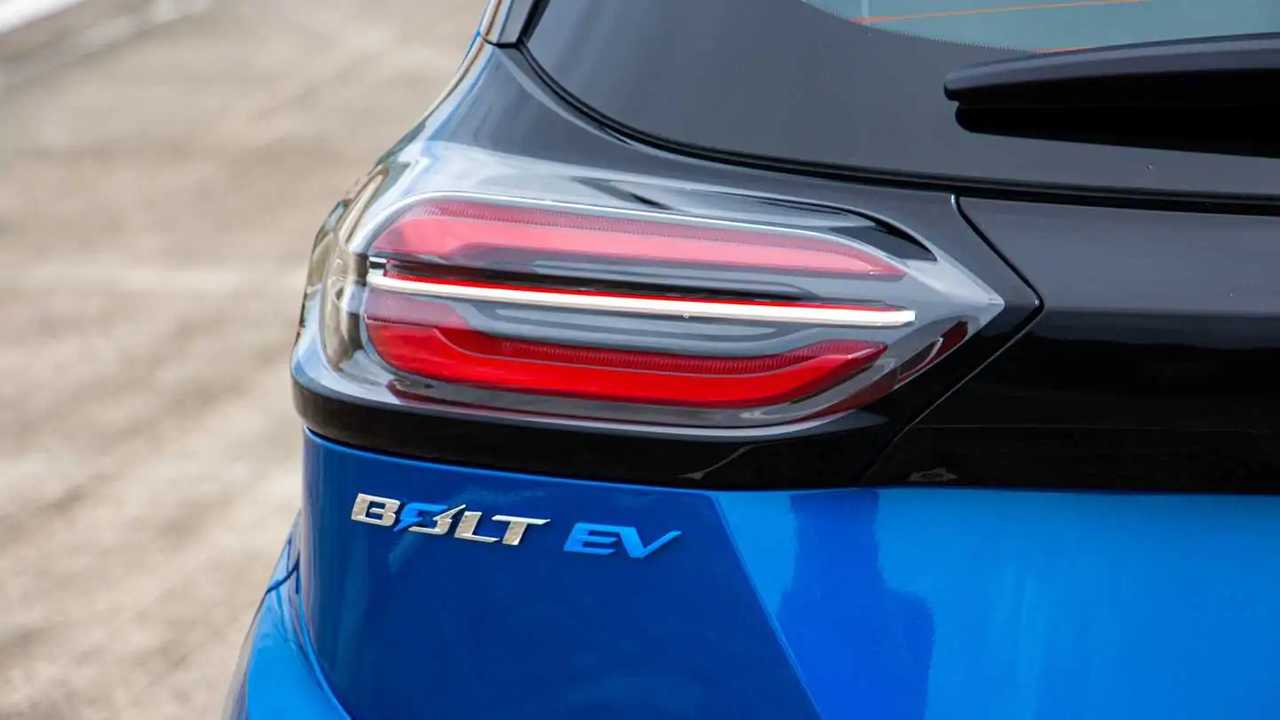General Motors’ decision to cancel the Chevrolet Bolt has been met with confusion and disappointment. Despite its outdated hardware and rumored lack of profitability, the Bolt had been selling well this year, making its cancellation difficult to justify. However, GM quickly reversed its decision and announced a new, more affordable Bolt soon after.
According to Reuters, the next Bolt may be manufactured in Fairfax, Kansas, instead of its current location at Michigan’s Orion Assembly plant. This conclusion was drawn from the United Auto Workers’ tentative agreement with GM, which was recently released on the UAW’s website. The agreement also revealed a $391 million investment for a “future electric vehicle” at the Fairfax Assembly plant, which currently produces the Cadillac XT4 and Chevrolet Malibu.
While the UAW document did not explicitly mention the next Bolt, sources informed Reuters that it could be the vehicle in question. Furthermore, the sources revealed that GM is considering building a lower-cost version of the Bolt electric utility vehicle at the Fairfax plant in 2025, as well as premium electric vehicles for Cadillac and Chevrolet, including a pure electric performance model under the Corvette name, starting in 2027.
This development is significant for several reasons. Firstly, it provides some clarity for the future of the Fairfax Assembly plant, which employs over 2,000 workers. The plant faced uncertainty, particularly with the struggling sales of the Malibu and the chip shortage that idled it during the pandemic. Now, the plant and its employees have the opportunity to produce the next Bolt, which could be a popular and high-selling electric vehicle if GM can execute it successfully.
Secondly, the mention of a potential all-electric Corvette is noteworthy. Although it is unclear whether it will be a single model or multiple models, this would be the first time a “Corvette” is produced outside of the iconic Bowling Green, Kentucky factory since the early 1980s. However, GM has not officially confirmed the manufacturing locations for these vehicles.
It should be noted that while UAW contracts guarantee plant investments, plans can still change. GM has recently faced challenges in mass-producing its new Ultium EVs, leading to a scaling back of its electric plans and investments. Despite investor skepticism and GM’s struggles, this development can be seen as a win for the UAW, as it secures an electric future for a troubled plant and includes Ultium battery plant workers under the union agreement.
Ultimately, the success of these electric vehicles lies in GM’s ability to produce them in large quantities and make them available at dealerships. The future of electric vehicles in the United States seems promising, especially with the support of the UAW and incentives for domestic production. However, it remains to be seen how GM will navigate the challenges and deliver on its electric ambitions.
Report: Kansas Considered as Possible Location for Production of Next Chevrolet Bolt
Introduction:
In a recent development, Kansas has emerged as a potential hub for the production of the next Chevrolet Bolt electric vehicle (EV). This move comes as part of Chevrolet’s strategic efforts to expand its manufacturing operations in the United States and meet the growing demand for electric vehicles. The choice to consider Kansas as a production location stems from various factors, including the state’s favorable business climate, skilled workforce, and convenient logistics infrastructure.
Favorable Business Climate:
One of the primary reasons Kansas is being considered for the production of the next Chevrolet Bolt is its favorable business climate. The state has consistently ranked high in terms of its business-friendly policies and regulations, attracting numerous companies to establish their manufacturing facilities within its borders. Kansas offers a range of incentives and tax breaks, aimed at encouraging businesses to invest in the state’s economy. This pro-business environment, combined with the increasing demand for EVs, makes Kansas an appealing choice for Chevrolet.
Skilled Workforce:
Kansas boasts a highly skilled workforce that could cater to the production requirements of the next Chevrolet Bolt. The state’s commitment to fostering technical education and training programs has resulted in a proficient labor force capable of supporting advanced manufacturing processes. With the rise in demand for electric vehicles, automakers like Chevrolet place a strong emphasis on hiring skilled workers who can handle the specialized tasks involved in producing high-quality EVs. Kansas’s pool of skilled labor stands as a key advantage for the state to secure the production of the next Chevrolet Bolt.
Logistics Infrastructure:
An efficient logistics network is crucial for an automotive manufacturing plant, and Kansas possesses a well-developed infrastructure that could support the production and distribution of the next Chevrolet Bolt. The state’s central location within the United States allows for convenient transportation and delivery to various regions of the country. Additionally, Kansas benefits from a robust transportation network comprising highways, railroads, and airports that facilitate the movement of raw materials, components, and finished products. This logistical advantage further strengthens the case for considering Kansas as the production location for the next Chevrolet Bolt.
Conclusion:
Kansas is emerging as a potential contender for the production of the next Chevrolet Bolt, taking advantage of its favorable business climate, skilled workforce, and efficient logistics infrastructure. As electric vehicles gain increasing prominence in the automotive industry, automakers like Chevrolet are actively searching for ideal locations to expand their production capabilities. Should Kansas be selected as the production site, it would undoubtedly bring numerous economic benefits to the state, including job creation, technological advancements, and an overall boost to the local economy. As this exciting possibility unfolds, all eyes will be on Chevrolet to see how they further shape the future of electric vehicles in Kansas.

